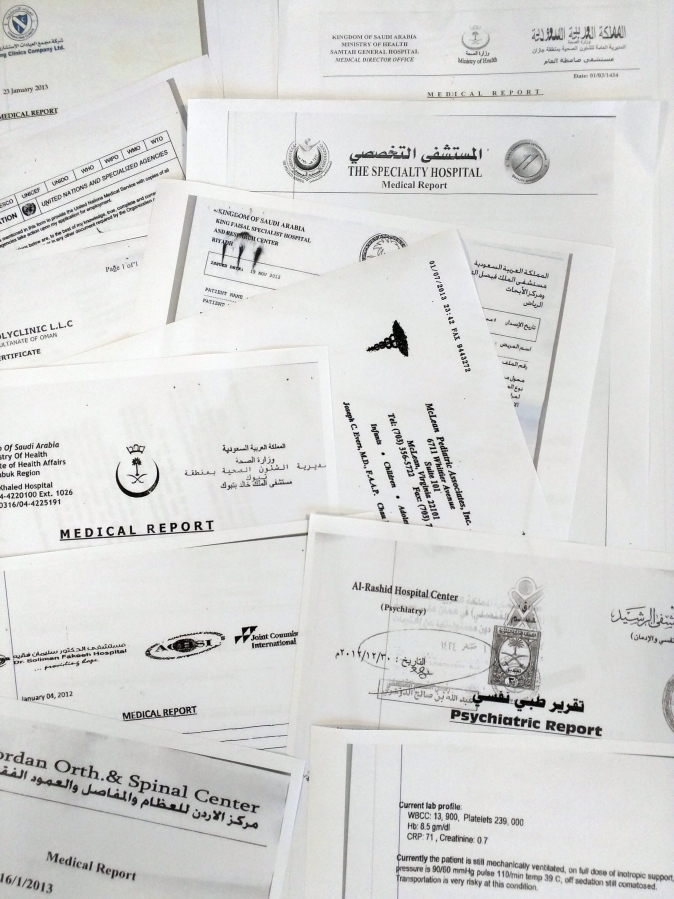CAIRO — Its scoops have rattled the Saudi foreign ministry, the National Security Agency and the U.S. Democratic Party. But WikiLeaks’ spectacular mass-disclosures have also hit hundreds of average people — including sick children, rape victims and mental patients — who just happened to find their personal information included in the group’s giant data dumps, The Associated Press has found.
In the past year alone, the radical transparency organization has published medical files belonging to scores of ordinary citizens; hundreds more have had sensitive family, financial or identity records posted to the web. In two particularly egregious cases, WikiLeaks named teenage rape victims. In a third, the site published the name of a Saudi citizen arrested for being gay, an extraordinary move given that homosexuality can lead to a prison sentence or even death in the ultraconservative Muslim kingdom.
“They published everything: my phone, address, name, details,” said another Saudi man who told AP that WikiLeaks had revealed the details of a paternity dispute with a former partner. “If the family of my wife saw this … Publishing personal stuff like that could destroy people.”
WikiLeaks’ mass publication of personal data is at odds with the site’s claim to have championed privacy even as it laid bare the workings of international statecraft. And it’s drawing criticism from longtime allies.



